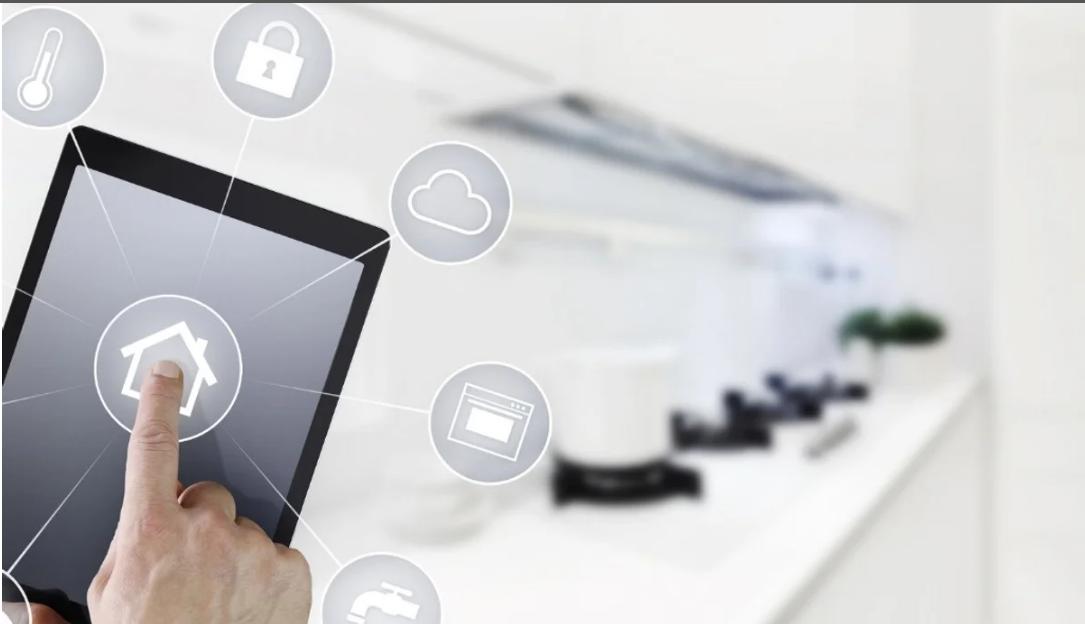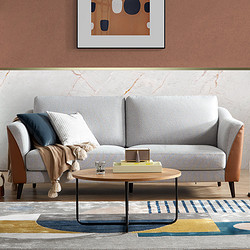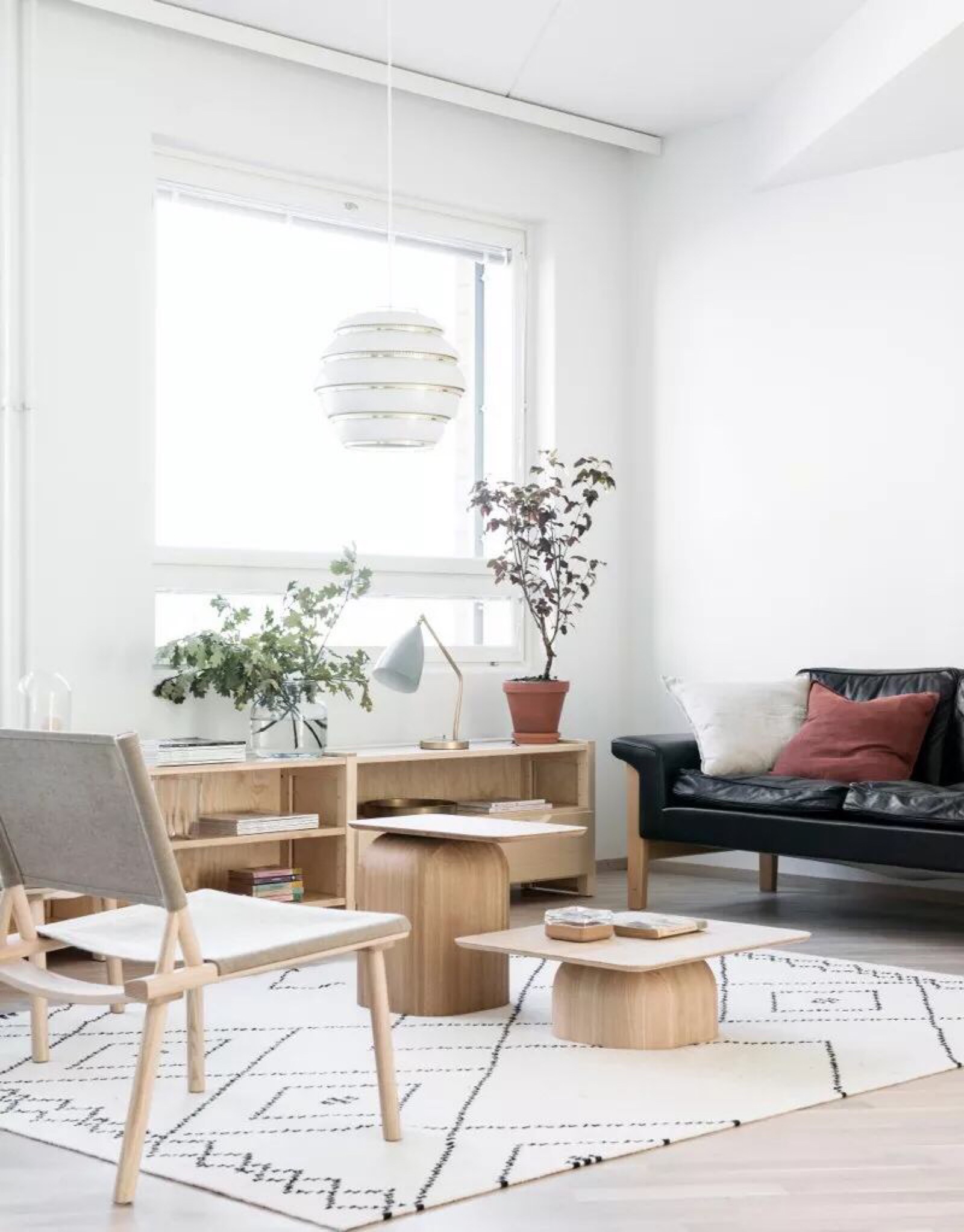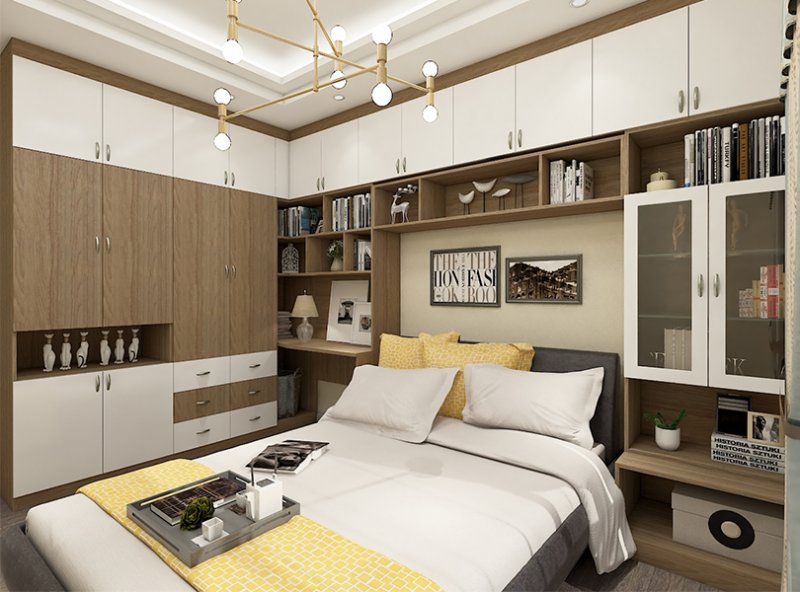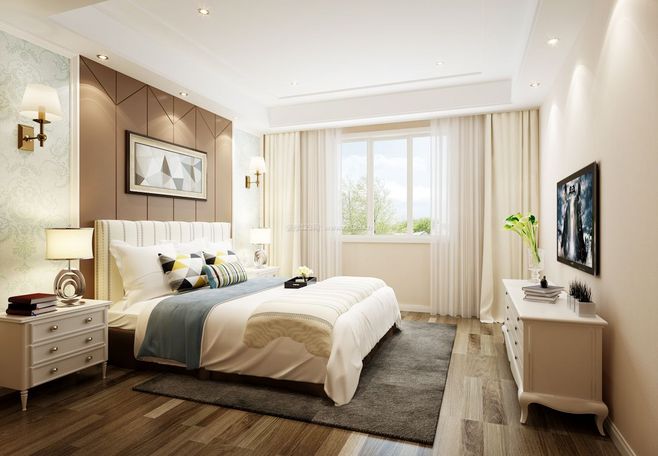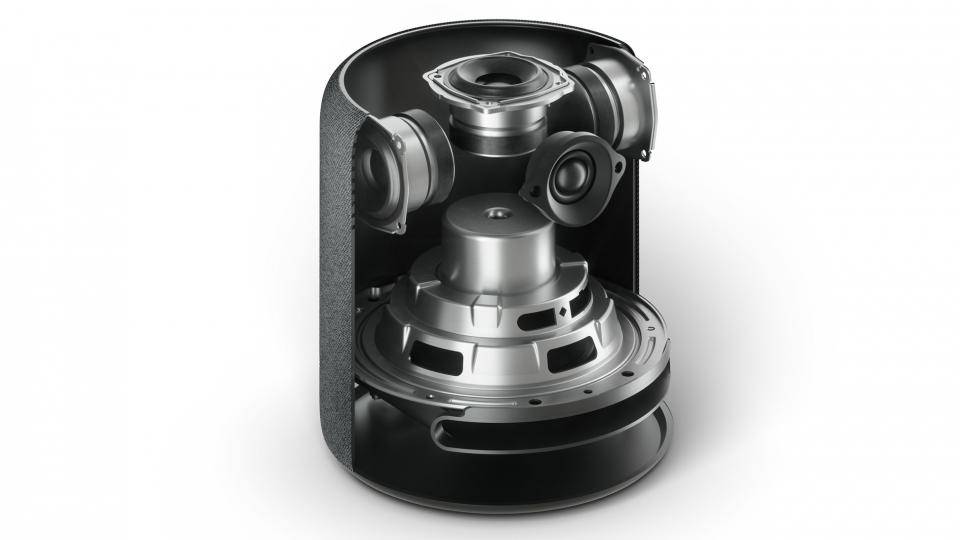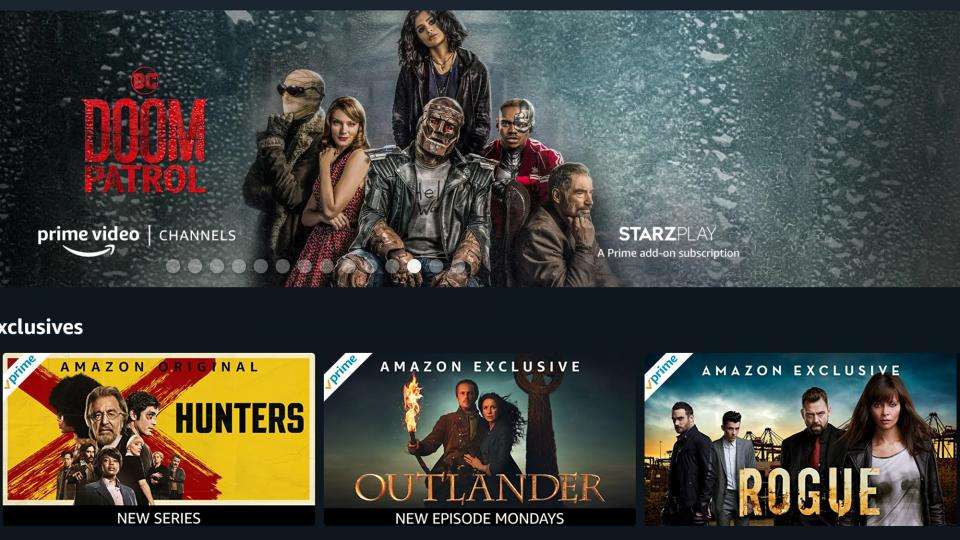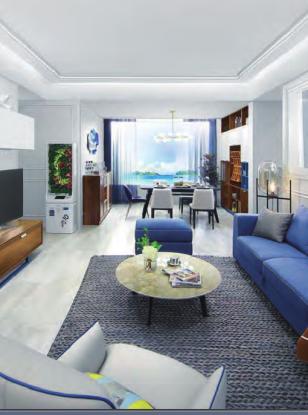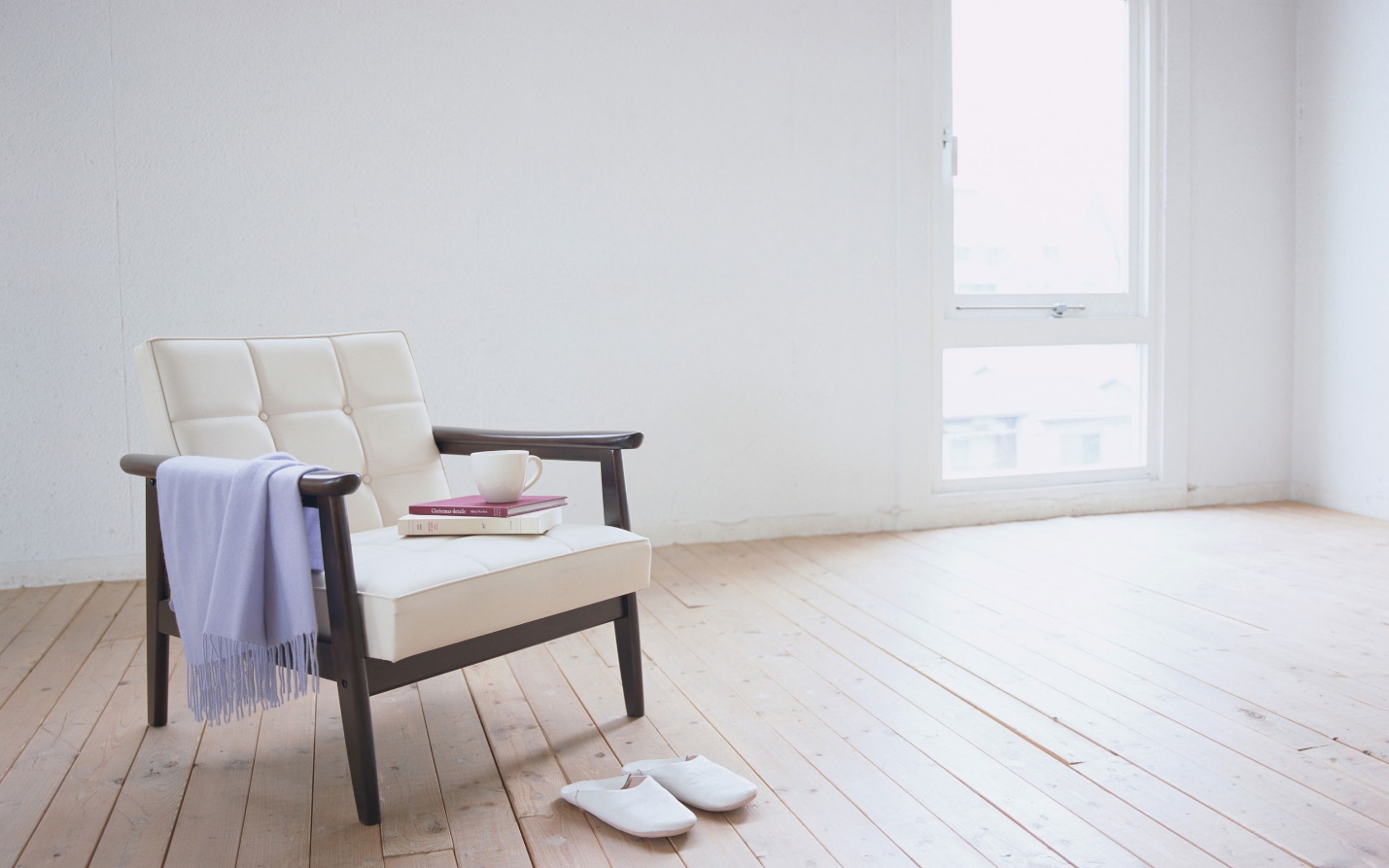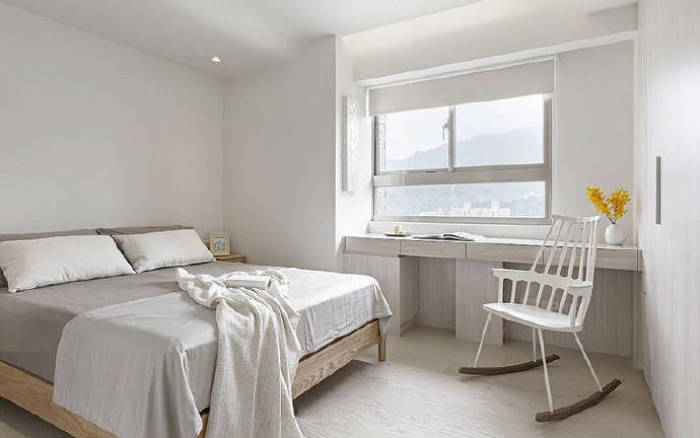With its 2014 range, Philips will be the first major consumer electronics company to run its smart TVs on Android, ditching its own proprietary OS.
We first saw an Android TV back in 2010 with the People of Lava Scandinavia Android TV, but that always felt more like an experiment and didn't have access to the Google Play Store.
With its TVs, Philips has made sure that you get everything that you'd expect from Android, including full access to the Google Play Store.
"Everything in the Google Play Store is available," said Scott Housley, Global Head of Product Strategy at TP Vision, the manufacturer of Philips TVs in Europe.
The beauty of this system is that Philips TVs will now have access to the widest range of apps and, will get new ones way ahead of when other manufacturers can provide them. So, if you want all of the latest catch-up TV, you can just install the relevant Android app.
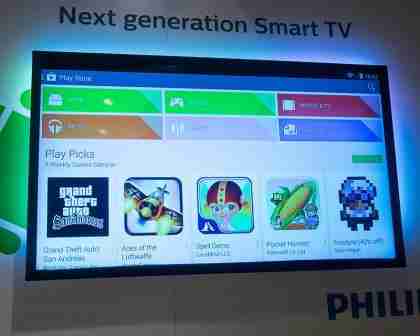
Full Google Play App access means that Philips TVs will have tons of apps to choose from
It also means that the TVs will be a lot more expandable. For example, for DLNA media playback, you can choose the Android app with the greatest format support, rather than waiting for the manufacturer to provide an update for their proprietary player.
LG has also decided to us a mobile OS for its 2014 line-up, but while its WebOS is a great operating system, the app supported is a lot more limited than with Android.
Philips will still provide access to the Philips Gallery, which is its existing range of smart TV apps. These are run in an HTML5 wrapper, but we can see this disappearing as Android becomes the prevalent OS in all of Philips' TVs.
"Android will start in the high-end and proliferate into the low-end models," said Housley. "By 2014 we expect Android to be in the majority of our TVs."
At the moment, though, there's a combination of apps from both sources. The demo TV that we saw had the default Philips Netflix app sitting next to Chrome and Google Maps.
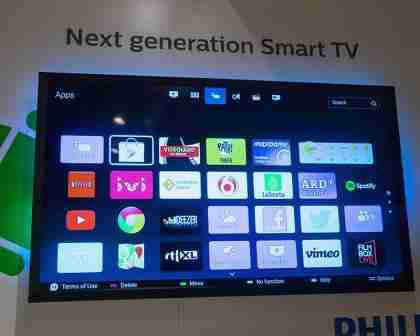
Philips' existing apps sit side-by-side with Android versions, but we imagine that this will move in Androids favour as more TVs run the OS
Philips is running Android 4.2 on a Marvell chipset. As it’s the OS for the entire TV, it's had to tweak the interface to make it work on a TV. We were given a demo of the new UI (still a work in progress) and have to say that it's a huge improvement in usability and speed over the 2013 models.
The company is also investigating control methods, as Apps are designed for touchscreen devices, not TVs. It's possible that a touchpad could be integrated into the remote, but the demonstration we saw used the remote as a wand to move an on-screen cursor, while a keyboard on the rear makes for entering text a lot easier. The TVs will also have voice commands.
We also saw how a Wi-Fi games controller could be hooked up to the TV in order to play games. Philips is hoping that its TVs will become a great source for casual gaming, too.
Philips has also worked on making Android less intrusive. On your smartphone you've got the lock-screen and pull-down menu to see notifications; on a TV you don't and notifications are likely to be intrusive and annoying.
Currently there's no way of getting App notifications, as this part of the system is hidden, although it's possible that the company will expose these in a dedicated menu in the future. For now, Android apps do have interactive icons, so you can, for example, see how many unread emails you have on the launcher screen.
Although Android 4.2 supports multiple user profiles, currently only a single profile is supported. This means you'll need to use one Google Account on the system in order to access Google Play. By the end of 2014, though, Philips TVs should support multiple profiles.
Philips didn't talk about specific products, but the first Android TVs will begin to ship in Q2 2014. UK release dates haven't been confirmed, but we'll bring you more information as we have it. From our first look, if Philips gets this right it will have the best, most up-to-date smart TV interface.
